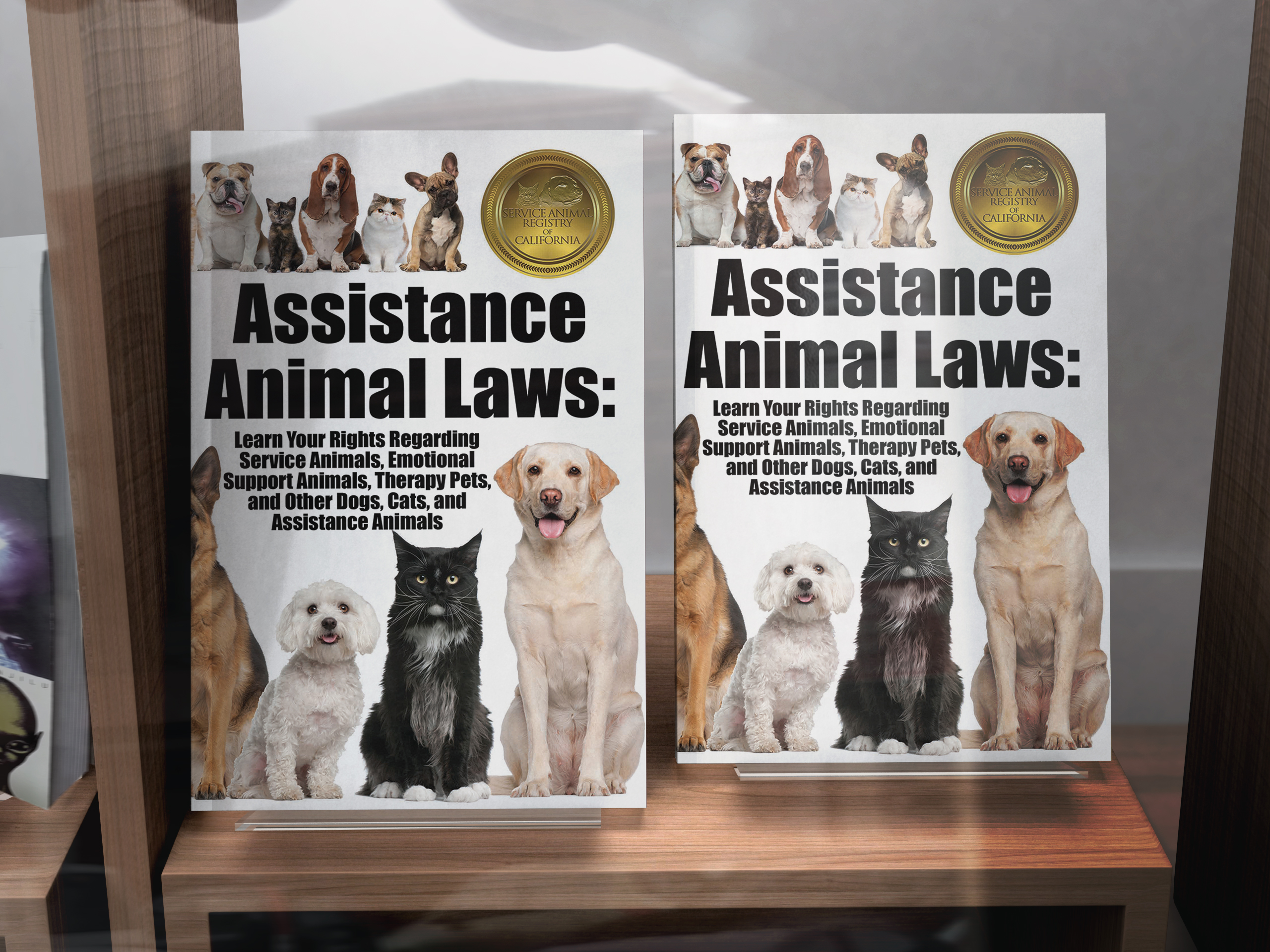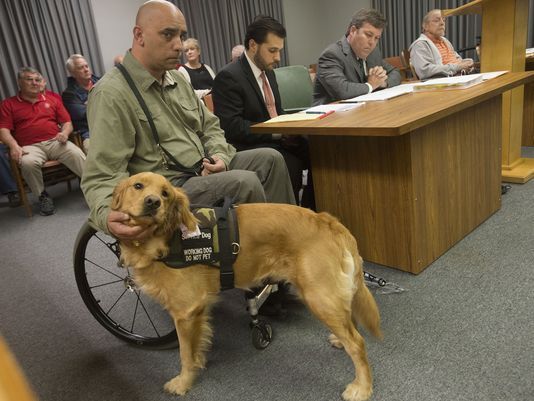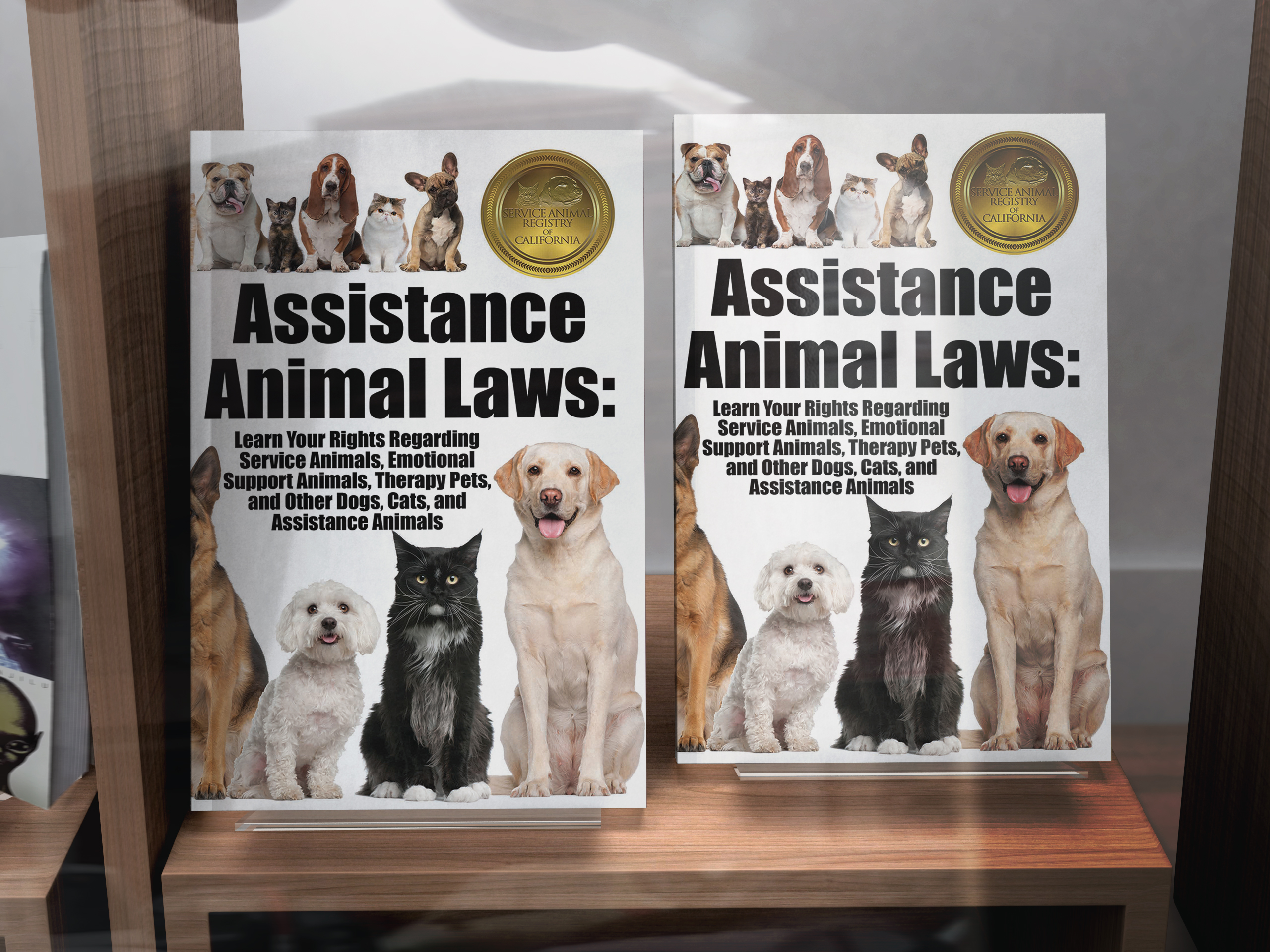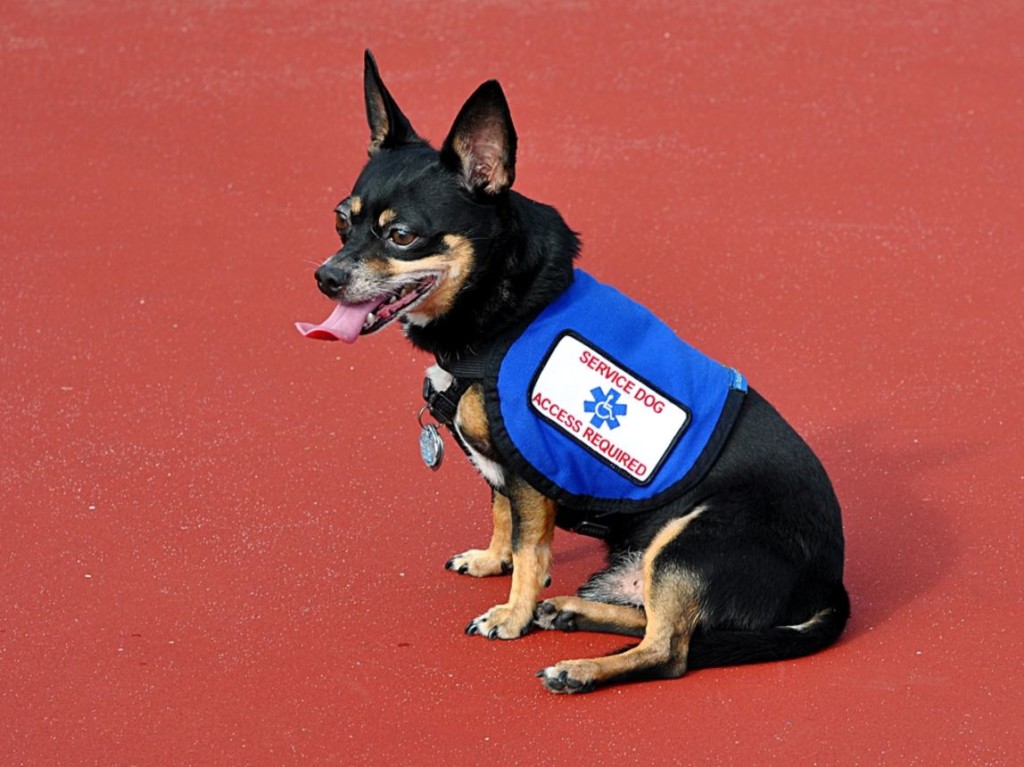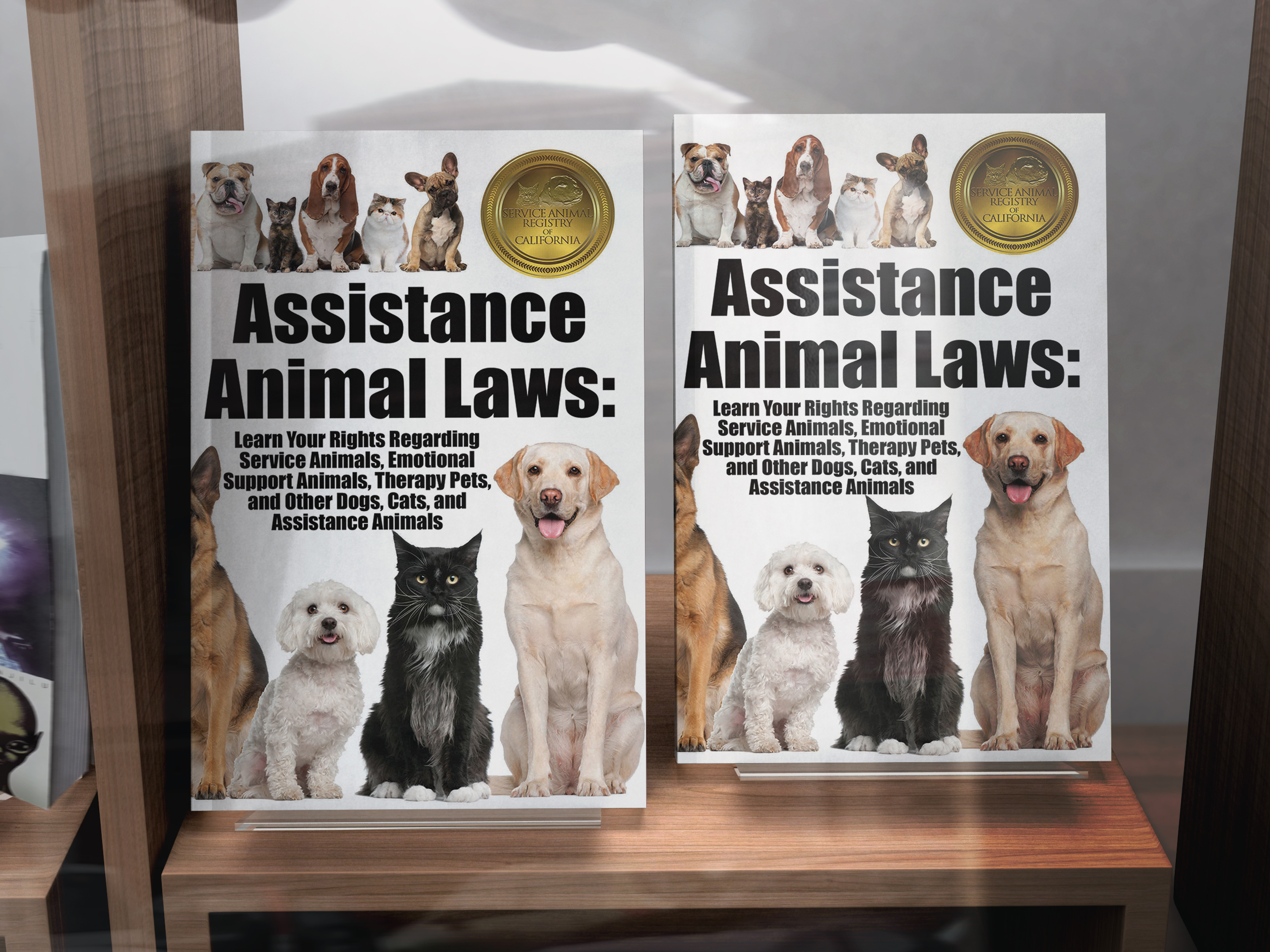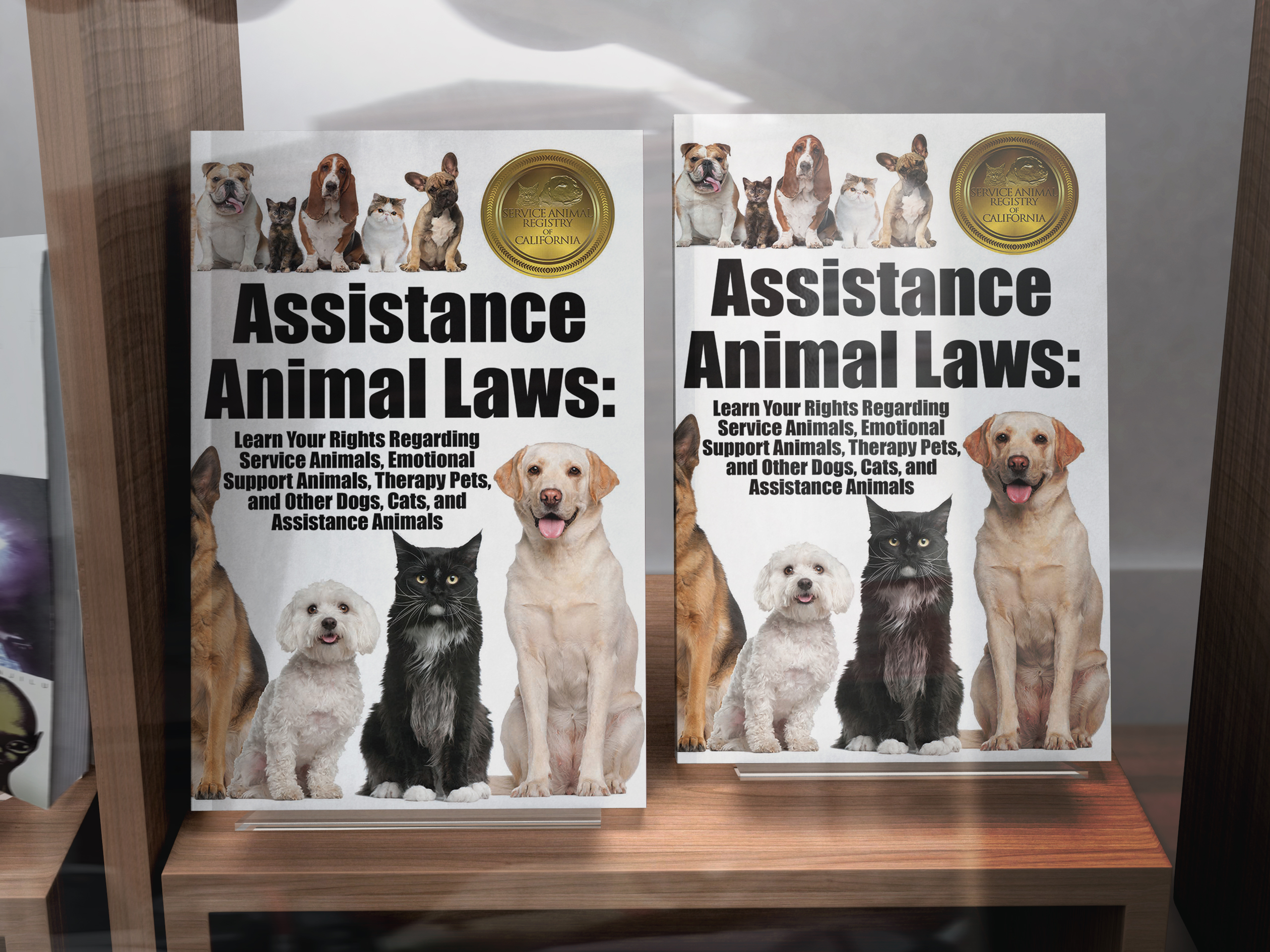
You’ve probably heard about emotional support animals. Emotional support animals such as dogs provide companionship and comfort to people who are suffering from mental and emotional conditions. Examples of these conditions are PTSD, depression, anxiety, and bipolar disorder. Making great companions, emotional support animals assist psychologically disabled individuals so they can live a fuller, more meaningful life.
Take note that emotional support animals can be any type of animal. What matters is that adopting this animal won’t violate local or state laws.
Over the last five years, there has been an increase in the number of requests to bring along emotional support animals in facilities, including those that have a “no pet policy.” These include condominiums, rental housing, and universities. After all, the Fair Housing Amendments Act (FHAA) prohibits any form of discrimination against emotional support animals and their owners.
Now that more requests are being made to accommodate ESAs, it’s important that property managers know how to address these requests. Denial of these legitimate requests can lead to legal consequences.
The Process of Making a Request to Grant an Accommodation
As mentioned earlier, your emotional support animal has the right to live with you even in a housing or building that has a “no pets” policy. The first step to living in a housing with your ESA is to create a written request that notifies the landlord, property manager, or association (for condominiums) of your disability.
Also, your request needs to be accompanied by a letter from a licensed medical practitioner specifying the need for the emotional support animal. This letter helps demonstrate your disability, and that your landlord has the right to ask for this piece of documentation. Let’s say that you are receiving medical treatment for depression. Your physician will be specifying in the letter that your emotional support animal offers you the assistance you need to perform even the most basic activities of daily living.

Landlords, property managers, and homeowners associations need to realize that not all disabilities are obvious. Emotional support animals usually cater to people with disabilities that are psychological and emotional in nature. The absence of signs of disability does not imply that a request made by the individual can be denied.
What If Your Request Is Denied?
Once the association receives your letter request and they evaluate it, they can now decide whether to approve or disapprove your request.
What should you do if, in case, they deny your request? You may then file a complaint with state agencies. They will review your complaint to determine whether the reason for the disapproval of your request is discrimination. If there is indeed discrimination, you can file a lawsuit against the association. On the other hand, the association will need to explain why they denied your reasonable request.
The Abuse of “Emotional Support” Animals
While emotional support animals help people with disabilities by providing companionship and assistance, many people tend to abuse their use. There are travel restrictions for animals, and this alone has led to the increase in the number of people claiming to have a disability so they can travel with their “emotional support” animal without extra fees.

Because when it comes to traveling, airlines require an ESA letter issued by a physician within the same year of travel. It would help to find out what an airline’s expectations are. It was recently announced that Delta and American Airlines now require additional documentation from ESA owners. They now do this to keep fake ESA owners at bay.
Are you an owner of an assistance animal?
The Service Animal Registry of California invites you to have your assistance animal registered in order to designate its status. We also encourage you to take our online classes so you can be fully aware of your rights and gain more knowledge about your support animal.
Finally, we present to you our book entitled, “ASSISTANCE ANIMAL LAWS: LEARN YOUR RIGHTS REGARDING SERVICE ANIMALS, EMOTIONAL SUPPORT ANIMALS, THERAPY PETS, AND OTHER DOGS, CATS, AND ASSISTANCE ANIMALS” to provide you with a complete education on assistance animals.
Purchase your copy of the book by clicking the text or image below.
ASSISTANCE ANIMAL LAWS: LEARN YOUR RIGHTS REGARDING SERVICE ANIMALS, EMOTIONAL SUPPORT ANIMALS, THERAPY PETS, AND OTHER DOGS, CATS, AND ASSISTANCE ANIMALS
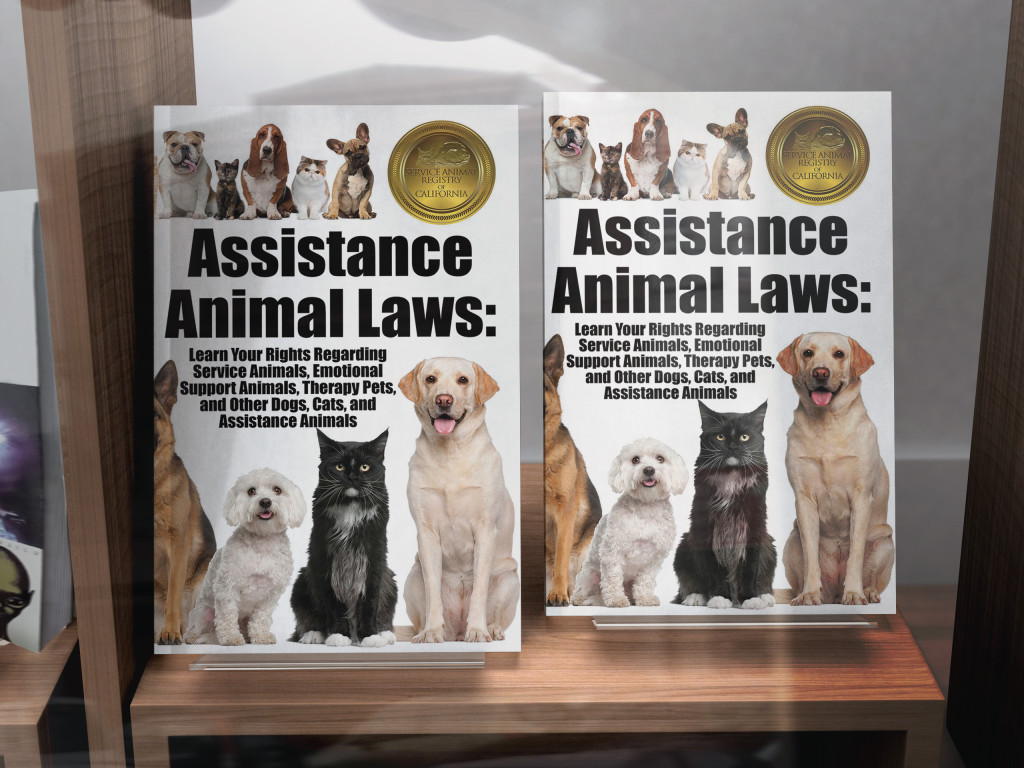
Share to Show Your Support!












